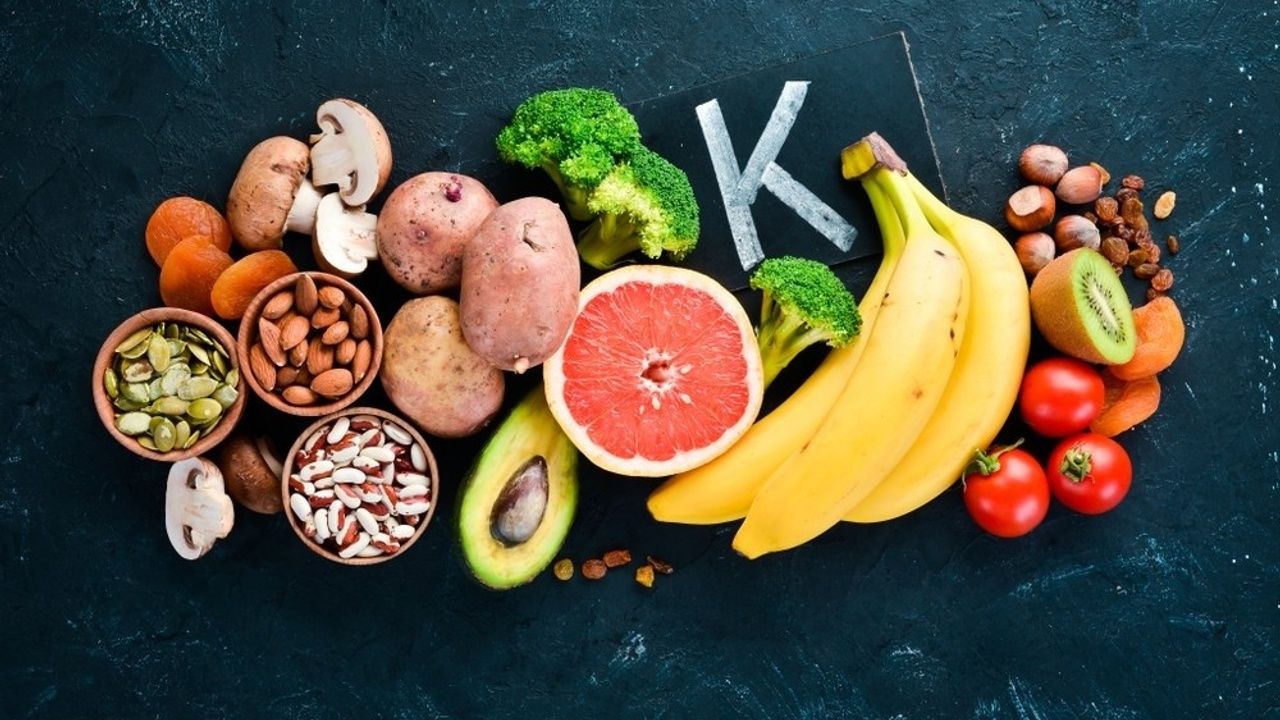Power up with Potassium

The women's health initiative study found that over 97% of American post-menopause women are deficient in potassium, let me tell you the rest of the western world would have very similar results.
Did you know one of the leading causes of potassium loss in the body is sweating? So if you are experiencing a partially hot and sweating menopausal transition this could be an important nutrient for you.
Potassium is an electrolyte. Electrolytes carry an electrical charge when they are dissolved in the body’s fluid. Hence the electro part of the name. Other important electrolytes include sodium, magnesium, calcium, phosphate, chloride, and bicarbonate. Naturally, electrolytes support electrical activity in your body, thinking about your beating heart and nerve impulses that control muscle contraction.
In regard to heart health, potassium can help maintain blood pressure, reduce your risk of stroke and heart disease, as well as regulate the rhythm of your heartbeat.
Potassium is required for healthy muscle contraction and strength, without it, you can experience painful cramps, muscle fatigue, and loss of strength. Potassium is a great companion to magnesium and they are often seen in supplements together. I think of potassium as magnesium's personal trainer. It helps Magnesium to optimise muscle function and specifically muscle relaxation. For the peri-menopausal women out there magnesium and potassium combination also works well for reducing menstrual cramps.
22 years ago when I first studied potassium in my nutrition class, the one thing I can still clearly remember is my lecturer calling potassium the power pill. As not only does it help with muscle strength, but it also helps with energy, so if you are in need of power up, it might be something for you to consider.
Potassium deficiency may contribute to bone loss. A study from the University of Surrey found that having adequate potassium reduces bone breakdown and improves bone strength.
The general marketing message with osteoporosis is to take calcium to help build your bones but it's not that simple and I would never recommend a straight calcium supplement for osteoporosis. You need to assess all of your minerals. Minerals like potassium, magnesium, sodium, and iron all play vitally important roles when it comes to bone health.
Are you worried about your blood sugar levels? Potassium may help here too. A study from Oxford University found an association between lower potassium levels and lower insulin sensitivity and greater insulin secretion all leading to the development of insulin resistance.
The final study I want to mention discusses the link between potassium deficiency and the development of mild cognitive impairment. These guys found a significantly increased risk of developing cognitive impairment when being potassium deficient.
That's got to be the menopause trifecta! The 3 biggest health concerns for post-menopausal women are heart disease, osteoporosis, and dementia. Did you realise before today that having adequate potassium would help reduce your risk of all 3 of these?
Before you run out and start taking potassium there are a few more things you should know.
Like all supplements, potassium has cautions, interactions, and contra-indications. One of the biggest concerns with potassium is overdosing. If you have been told to be on a potassium-sparing diet, don’t take potassium! There are many medications that it interacts with, some increase its need while others decrease its need. If you are on any pharmaceuticals please get your medications checked for interactions before starting.
If you are not on a potassium-sparing diet food sources are a great place to begin. Think fruit, vegetables, and animal protein. Some of the better sources include sweet potato, spinach, and other leafy greens, avocado, carrots, beans, peas, bananas, and broccoli.
I personally top up my diet with a daily dose of electrolytes. This way I get a balanced amount of all electrolytes. It's also in small amounts in some of my other supplements.
I would not take a straight potassium product without a blood test result indicating it's necessary, purely due to the risk of overdosing.
If you have enjoyed learning about Potassium, you may be interested in 2 events I've got coming up
Minerals for Menopause webinar
References
The effect of supplementation with alkaline potassium salts on bone metabolism: a meta-analysis
Potassium and glucose measures in older adults: the Cardiovascular Health Study
The Link between Potassium and Mild Cognitive Impairment in Mexican-Americans


